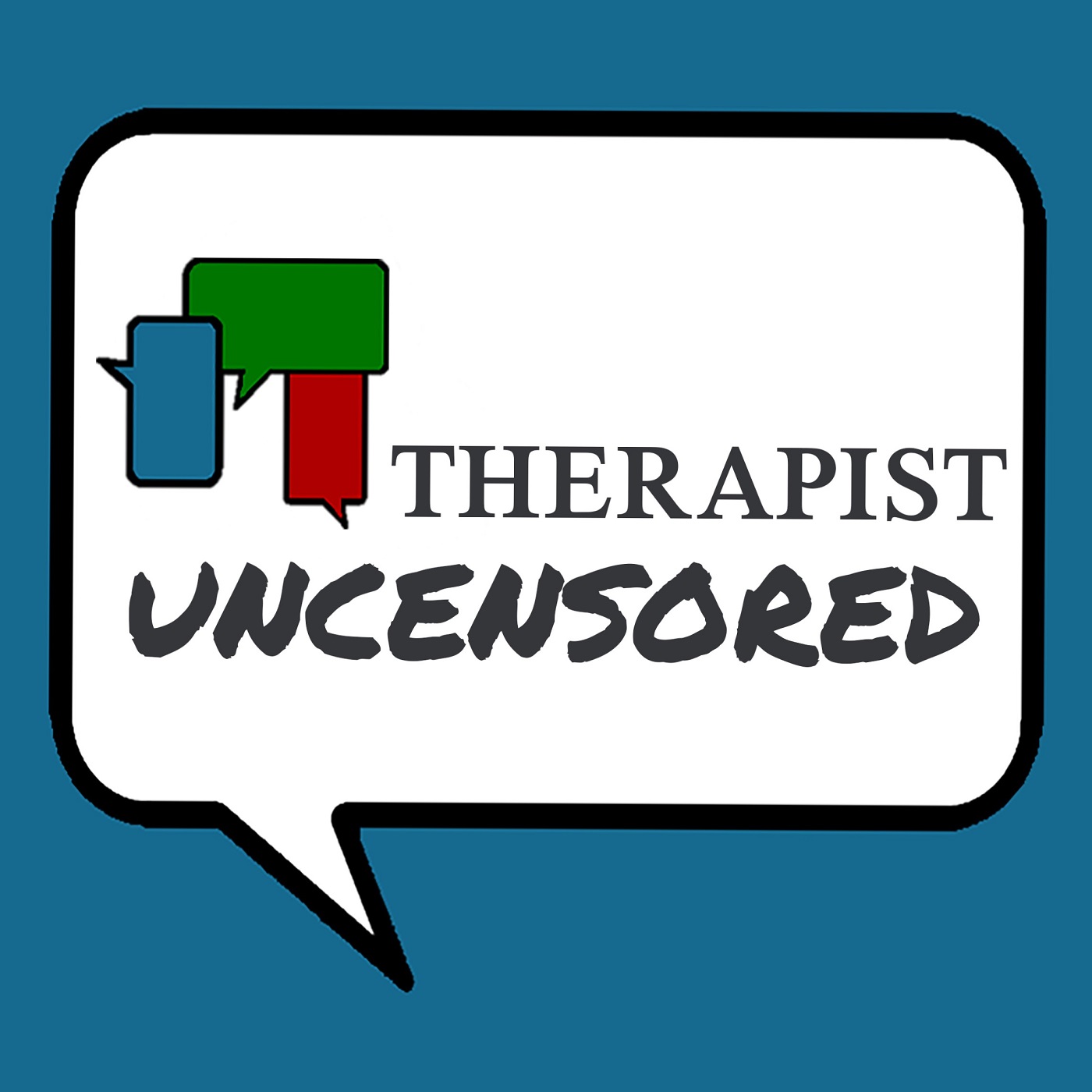- Science
- Social Sciences
- SEE MORE
- classical
- general
- talk
- News
- Family
- Bürgerfunk
- pop
- Islam
- soul
- jazz
- Comedy
- humor
- wissenschaft
- opera
- baroque
- gesellschaft
- theater
- Local
- alternative
- electro
- rock
- rap
- lifestyle
- Music
- como
- RNE
- ballads
- greek
- Buddhism
- deportes
- christian
- Technology
- piano
- djs
- Dance
- dutch
- flamenco
- social
- hope
- christian rock
- academia
- afrique
- Business
- musique
- ελληνική-μουσική
- religion
- World radio
- Zarzuela
- travel
- World
- NFL
- media
- Art
- public
- Sports
- Gospel
- st.
- baptist
- Leisure
- Kids & Family
- musical
- club
- Culture
- Health & Fitness
- True Crime
- Fiction
- children
- Society & Culture
- TV & Film
- gold
- kunst
- música
- gay
- Natural
- a
- francais
- bach
- economics
- kultur
- evangelical
- tech
- Opinion
- Government
- gaming
- College
- technik
- History
- Jesus
- Health
- movies
- radio
- services
- Church
- podcast
- Education
- international
- Transportation
- Other
- kids
- podcasts
- philadelphia
- Noticias
- love
- sport
- Salud
- film
- and
- 4chan
- Disco
- Stories
- fashion
- Arts
- interviews
- hardstyle
- entertainment
- humour
- medieval
- literature
- alma
- Cultura
- video
- TV
- Science
- en
TU41: The Dark Side Of Therapy: Recognizing When The Therapeutic Relationship Goes Bad

IN THIS EPISODE:\nThe Dark Side Of Therapy: Recognizing When The Therapeutic Relationship Goes Bad\nShow Note\n\n\n\nQueue Darth Vader music\u2026 we admit it, not all therapy is good therapy.\xa0 Ann Kelley and Sue Marriott discuss the potential negatives in the therapeutic relationship \u2013 focusing on how a client might distinguish between good therapy, that\u2019s tough at times and a genuinely dysfunctional relationship.\xa0\xa0 The difference between healthy dependency and one that erodes your sense of self is unpacked, as well as the idea of safe vulnerability that leads to change.\xa0 Finally, they name the truth that one can feel held hostage by the therapist and the darker more harmful effects that can happen when therapy goes bad.\xa0\xa0\xa0\nTimeline\xa0\n0:00 \u2013 Intro/Podcast Conference\xa0\n2:48 \u2013 Recap on Episode 39 Therapeutic Relationship\xa0\n3:41 \u2013 Introduction to\xa0dark side of therapy\n4:12 \u2013 Types of discredited therapies: Conversion Therapy (coercive therapy that intends to change someone\u2019s sexual orientation) Good therapy intends to assist self-exploration and colorful self expression\xa0\n5:16 \u2013 Repressed memory therapy \u2013 Not helpful therapy and has potential to have traumatic outcomes.\xa0\n6:12 \u2013 Sometimes therapists abuse role in exploitative way \u2013 Make sure your therapist is licensed and accredited\xa0\n7:17 \u2013 What is good therapy that is hard and what is a dysfunctional relationship? It can be hard to tell the difference. Those who have experienced relational injuries and then begin to feel safe with the therapeutic relationship might feel unsafe and begin to evoke and enact what they need help healing. Therapists want to help you listen to your gut.\xa0\n10:12 \u2013 Go for the connection in the therapeutic relationship and talk about relationships and attachment. Having a new experience where patient can unfold and be more themselves and be understood & recognized for who they are is in essence, therapy. Beginning to know what you think and feel already begins work on trauma.\xa0\n11:51 \u2013 One of the dangers of working deeply especially with trauma is if it moves too quickly.\xa0\xa0 Sometimes the patient can feel like they\u2019re being held captive by the therapist or acting as a narcissistic extension of the therapist\xa0\n12:47 \u2013 Narcissistic Extension \u2013 Therapists as humans have their own needs and desires to be helpful but the client can potentially feel need to satisfy and gain approval from therapist in power differential.\xa0\n15:43 \u2013 Therapists are in a position to keep clients hostage through barring the door by making clients feel guilty or shamed for trying to leave \u2013 Therapists need to understand desire to leave and affirm right to do so. Exploration is good but guilt and shame is something else.\xa0 Respect boundaries of patient.\xa0 Allow them to explore the urge to leave or to act and leave.\xa0 If it was wrong move they will figure that out and return on their own accord to you or someone else to resume.\xa0\n22:12 \u2013 Sometimes clients can be difficult but this is healthy and normal. Discomfort directed at the therapist or expression of suicidal ideation can sometimes lead to a premature end to the therapeutic relationship. Therapist-initiated termination is a huge risk and always complicated and potentially harmful.\xa0\xa0\n24:31 \u2013 Boundaries are important to talk about in the therapeutic relationship. No romance, sexuality or bargaining. Letting the boundaries slowly slip a little bit and eventually crossing the line can be extremely harmful to clients. Doing something like stopping a session on time despite making ground or even just collecting payment are healthy, loving professional acts in the relationship.\xa0\n28:43 \u2013 Basic goal for patients in therapy: you should be getting better, not feel shamed intrinsically from relationship.\xa0 One can expect positive, challenging, growth-enhancing language from therapist.